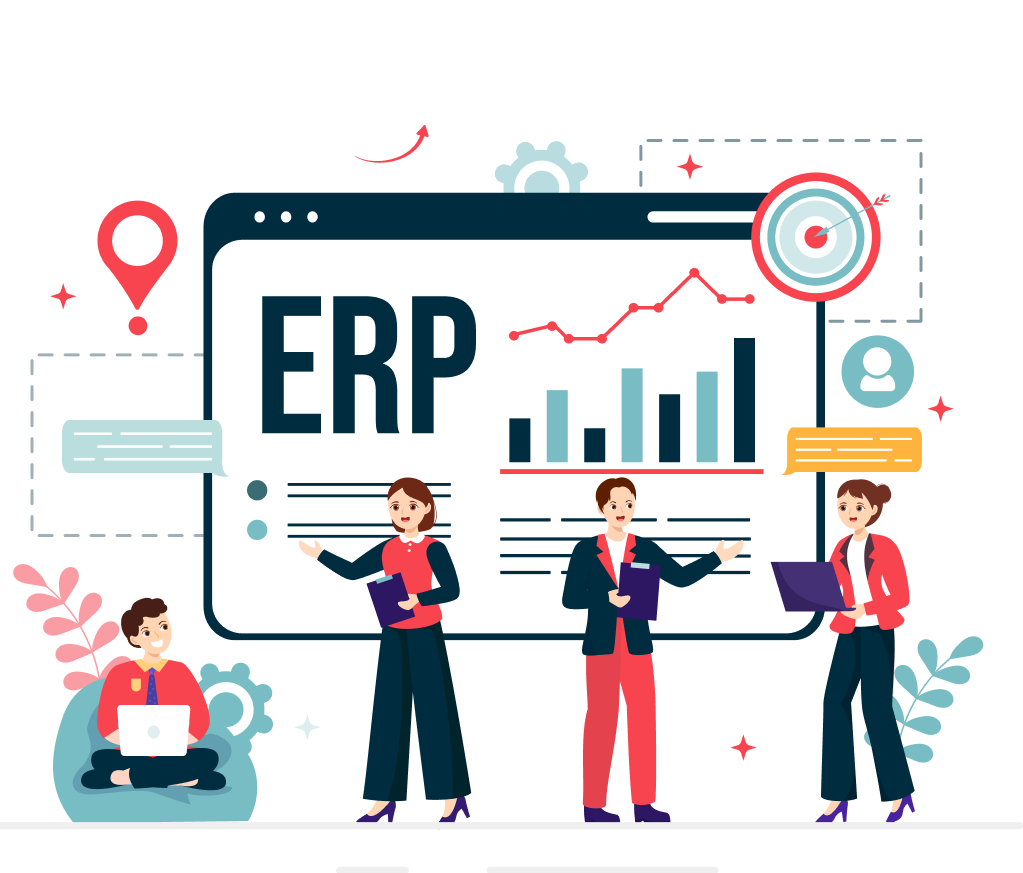ERP for process manufacturing
ERP software caters to both discrete and process manufacturing sectors, each with unique production methods and supply chain requirements. Industries often rely on time-sensitive batch manufacturing, make-to-stock, and make-to-order techniques, influencing their ERP system needs.
The best ERP for process manufacturing should feature…
In addition to the must-have features of an ERP for discrete manufacturing ERP software for process manufacturing needs to ensure traceability of raw and processed materials, batch and lot number capture and tracking, recipe / formula management, shelf-life / expiration visibility and compliance to quality / safety / regulatory controls.
Essential ERP integration areas
If you are a process or semi-process manufacturing business, when specifying your ERP, ensure these areas are on your wish-list and integrated.
- Quality management tools track item compliance throughout production, including inventory, with features for reporting, tracing, and managing non-compliance.
- How does the ERP ensure compliance with product safety and quality standards in your industry and location?
- Does the ERP system provide complete traceability and recall processes for both upstream and downstream needs at the lot and ingredient levels?
- Recipe management demands ERP flexibility to handle detailed ingredient specifics, products, variations, and units of measure to meet varying customer needs and recipe complexities.
- Lot and batch management functions enable users to create, track, and analyze lot and serial numbers, ensuring full control and expiration analysis. Does the ERP’s production planning capabilities support efficient lot sizing and complexity reduction?
- What does the ERP offer for streamlined product lifecycle management, including handling co-products and scalability?
- Can the ERP accommodate your co-packing, private label, or branded goods production processes?
- Can the ERP system supply the correct data for each unique lot / recipe to reflect required ingredient labelling?
- Is the finance functionality within the ERP agile enough to update real-time data to reflect fluctuations in raw material costs or multi-currency impacts on your P&L analysis?
- Does the ERP system manage inventory and orders for materials with short shelf lives? Is forecasting integrated to prevent overstock situations?
- Do trading and logistics features offer flexibility for selling to either (or both) end consumers and supply chain intermediaries?
Embrace innovation in your process manufacturing ERP
Ensure the ERP you choose is fit for the future, allowing your manufacturing business to move forward in a fast-moving and agile industry. In order to support your Industry 4.0 approach watch out for innovations such as:

- Robotic Process Automation (RPA), to increase efficiencies, quality, monitoring and analytics
- Real-Time currency hedging, to positively impact your margins across the global supply chain, especially when dealing with fluctuations in raw materials
- Artificial Intelligence (AI) and machine learning (ML) embedded throughout your ERP for enhanced decision-making
- Insights gained through harnessing Big Data across R&D, customers, products, suppliers and partners to enhance personalization, profitability and competitiveness in your go-to-market
